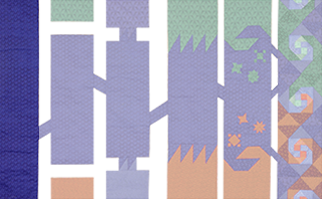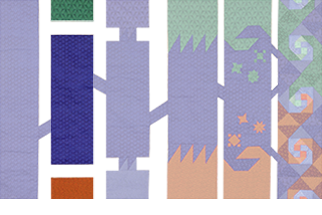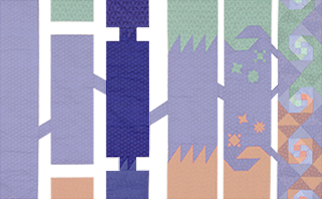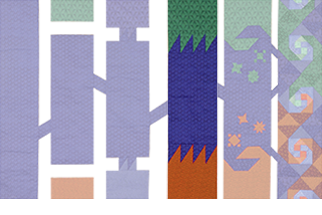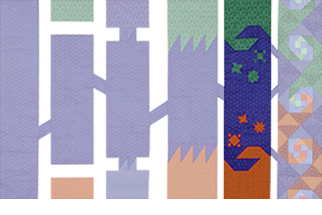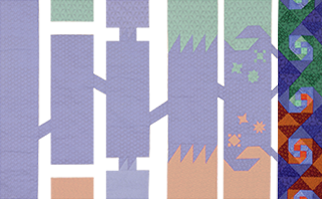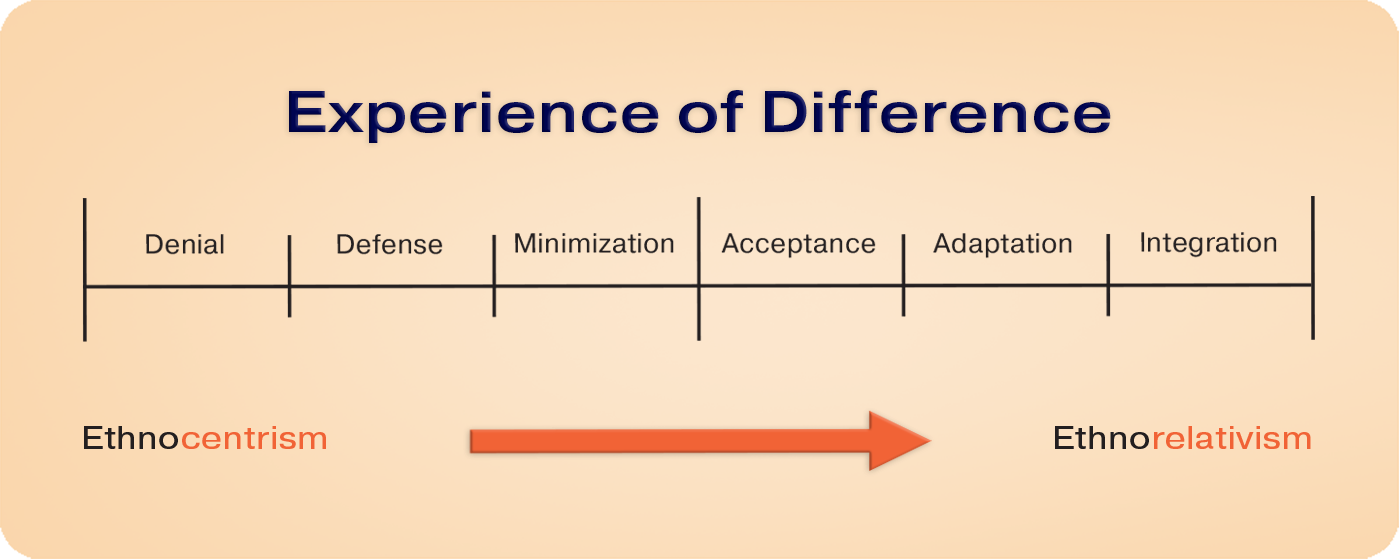The Developmental Model of Intercultural Sensitivity (DMIS) was created by Dr. Milton Bennett (1986, 1993, 2004, 2013) as a framework to explain how people experience and engage cultural difference. The DMIS is grounded theory; it is based on observations he made in both academic and corporate settings about how people become more competent intercultural communicators. Using concepts from constructivist psychology and communication theory, he organized these observations into positions along a continuum of increasing sensitivity to cultural difference.
The underlying assumption of the model is that as one’s perceptual organization of cultural difference becomes more complex, one’s experience of culture becomes more sophisticated and the potential for exercising competence in intercultural relations increases. By recognizing how cultural difference is being experienced, predictions about the effectiveness of intercultural communication can be made and educational interventions can be tailored to facilitate development along the continuum.


